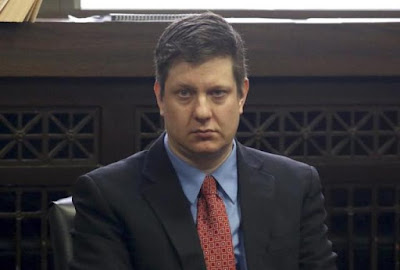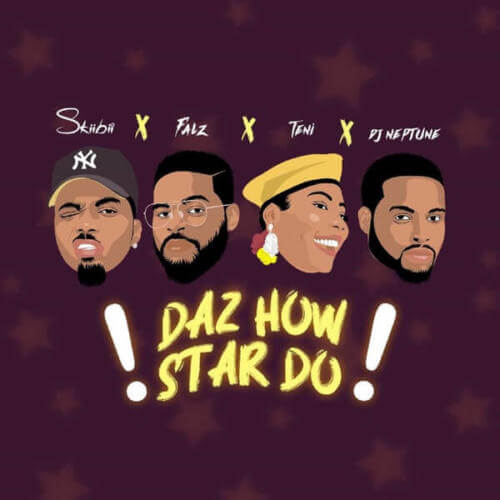Chicago police officer, who fatally shot black teenager, charged with over a dozen new counts
 |
| Chicago police officer Jason Van Dyke sits in the courtroom during a hearing in his shooting case of Laquan McDonald at the Leighton Criminal Court Building in Chicago, Illinois |
A white Chicago police officer accused of murder in the shooting death of a black teenager was charged on Thursday with 16 new counts of aggravated battery, in a case that sparked national debate over police use of force against minorities.
Jason Van Dyke pleaded not guilty through his attorney in a Chicago courtroom to 16 counts of aggravated battery with a firearm that were issued by a grand jury on March 16 and unsealed on Thursday by a special prosecutor, local media reported.
Video footage of 17-year-old Laquan McDonald being shot 16 times by Van Dyke in October 2014 was released more than a year later, sparking protests and pushing the city into a national debate over police use of force, particularly in minority communities. The release of the video also led to the ouster of the police chief.
Van Dyke pleaded not guilty to murder in 2015 and is awaiting trial.
Special prosecutor Joseph McMahon did not give an explanation for the new charges on Thursday. He denied in court that he sought the new charges to correct what the defense has called errors in the initial charges, the Chicago Tribune reported.
Four Chicago police officers were suspended for not having properly functioning dashboard cameras during the shooting, officials said in January. Chicago's Office of the Inspector General recommended 11 of the 15 officers involved in the incident be discharged.
The U.S. Justice Department began a civil rights investigation in December 2015 after the video was released by court order.
The department said in a report in January that Chicago police routinely violated the civil rights of people, citing excessive force, racially discriminatory conduct and a "code of silence" to thwart investigations into police misconduct.
The report said excessive force falls "heaviest on black and Latino communities," with police using force almost 10 times more often against blacks than whites.



Comments
Post a Comment